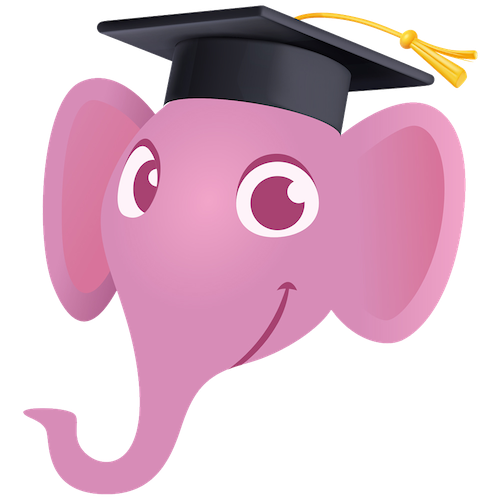Irregular and Regular Verbs
Irregular and regular verbs present tense 3rd person singular Simple Past Past Participle Present Participle
Verbs fall into two categories: regular and irregular. The difference between them is the way their endings change when they become past tense. Regular verbs in the past tense often end with –ed.
In the sentence, “He looks in the mirror,” the main verb look is a regular verb. The past tense of look is looked. In the past tense, the sentence would read “He looked in the mirror.”
The word buy, is an example of an irregular verb. It undergoes irregular spelling changes in its past tense. It doesn’t end with -ed. The past tense of buy is bought. You could say “He buys a new car every year,” in the present tense. The past tense would be “He bought a new car yesterday.”
In the present simple tense, the basic form of a regular verb only changes in the 3rd person singular (he/she/it), as follows:
Most verbs just add -s to the basic form (allow/allows, come/comes, lead/leads).
Verbs that end with a vowel other than e add -es (do/does go/goes, veto/vetoes,).
Verbs that end with -s, -z, -ch, -sh, and -x add -es (kiss/kisses, fizz/fizzes, punch/punches, wash/washes, mix/mixes).
For a list of these verbs, 3rd person singular present tense, simple past, past participle and present participle click here
If the verb ends in a consonant plus –y, change the y to an i before adding –es (hurry/hurries, clarify/clarifies). But if the verb ends in a vowel plus –y, just add –s (e.g. play/plays, enjoy/enjoys).
Not all irregular verbs undergo a change in spelling in the past tense. For example, the verb cut stays the same in all tenses.
https://en.wikipedia.org/wiki/Regular_and_irregular_verbs
There are many irregular verbs that don’t follow the normal rules. Here are the forms of some of the most common irregular verbs:
Verb | 3rd person singular | 3rd person singular | past participle | present participle |
present tense | past tense | |||
be | is | was | been | being |
begin | begins | began | begun | beginning |
bite | bites | bit | bitten | biting |
break | breaks | broke | broken | breaking |
buy | buys | bought | bought | buying |
choose | chooses | chose | chosen | choosing |
come | comes | came | come | coming |
dig | digs | dug | dug | digging |
do | does | did | done | doing |
drink | drinks | drank | drunk | drinking |
eat | eats | ate | eaten | eating |
fall | falls | fell | fallen | falling |
feel | feels | felt | felt | feeling |
find | finds | found | found | finding |
get | gets | got | got | getting |
go | goes | went | gone | going |
grow | grows | grew | grown | growing |
have | has | had | had | having |
hide | hides | hid | hidden | hiding |
keep | keeps | kept | kept | keeping |
know | knows | knew | known | knowing |
lay | lays | laid | laid | laying |
lead | leads | led | led | leading |
leave | leaves | left | left | leaving |
lie | lies | lay | lain | lying |
lose | loses | lost | lost | losing |
make | makes | made | made | making |
meet | meets | met | met | meeting |
put | puts | put | put | putting |
read | reads | read | read | reading |
ride | rides | rode | ridden | riding |
ring | rings | rang | rung | ringing |
rise | rises | rose | risen | rising |
run | runs | ran | run | running |
say | says | said | said | saying |
see | sees | saw | seen | seeing |
sell | sells | sold | sold | selling |
set | sets | set | set | setting |
sing | sings | sang | sung | singing |
sit | sits | sat | sat | sitting |
stand | stands | stood | stood | standing |
stick | sticks | stuck | stuck | sticking |
take | takes | took | taken | taking |
teach | teaches | taught | taught | teaching |
think | thinks | thought | thought | thinking |
wake | wakes | woke | woken | waking |

